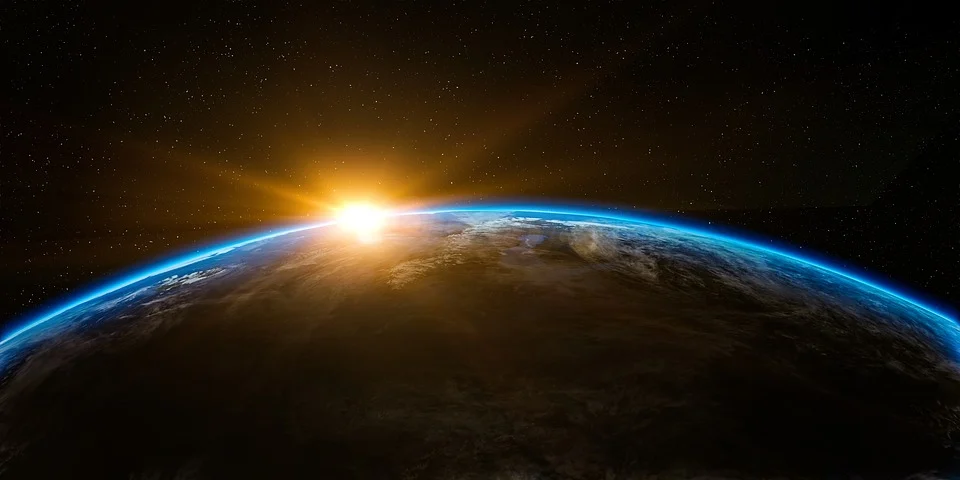According to experts, the Earth’s core is cooling faster than previously believed, which might hasten the planet’s eventual march toward uninhabitability in millions or billions of years.
For the duration of Earth’s 4.5 billion-year history, the planet’s interior has been steadily cooling — a generally beneficial trend as the planet developed into its present green paradise, where humans have lived for the last 200,000 years. The scientists noted in a paper posted in the journal Earth and Planetary Science Letters:
“This perspective raises the question as to how fast the Earth has been losing heat throughout the Earth’s history, which directly links to the fundamental question on how long the Earth will remain dynamically active.”
However, the rate at which this process has occurred is still being studied.
Good and Bed News
Bridgmanite, a typical conductive mineral found between the Earth’s core and mantle, was researched by a group of scientists.
They discovered that it is 1.5 times more conductive than previously assumed, implying that Earth’s cooling process may be quicker than previously anticipated.
“We found the bulk thermal conductivity at core-mantle boundary becomes 1.5 times higher than the conventionally assumed value, which supports higher heat flow from core, hence more vigorous mantle convection than expected,” researchers added.
According to the scientist, the findings indicate that the mantle is more effectively chilled, which would eventually diminish numerous tectonic events caused by mantle convection more quickly than predicted from generally assumed thermal conduction behavior. However, when the planet cools, it loses its magnetic field, which protects Earth from dangerous cosmic radiation.
Earth would then become a barren, lifeless rock.
The researchers did not speculate how many more years of life on Earth may come.
Andrew Rushby of the University of East Anglia in the United Kingdom estimated in 2013 that Earth’s viability for life would be excellent for another 1.75 billion to 3.25 billion years, assuming no nuclear holocaust, a rogue asteroid, or other unanticipated tragedy.












Leave a Reply